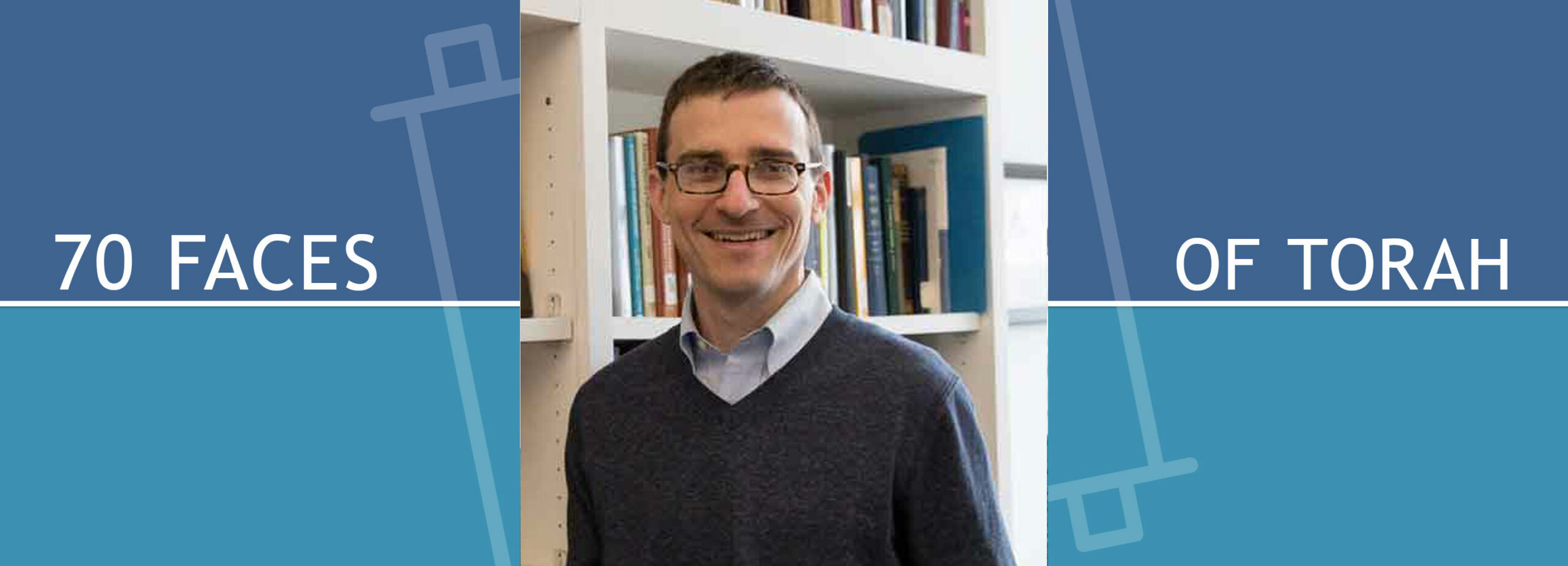Exodus I Thought Everyone Ended with “God Bless America”

Parshat B’shalach (Exodus 13:17−17:16)
The political events of the past few months in the US have left me, like so many people, feeling at sea. What I thought I knew and believed about this country was not right. There is more misogyny, more racism, more anti-semitism, more debasement of the political culture than I imagined people would put up with. I have friends who have taken refuge and inspiration in seeing the energy of how many people are standing up and fighting for change, but I am nonetheless feeling unmoored by it all.
This Shabbat we read of the exodus from Egypt, the ultimate story of redemption from persecution that we celebrate on Passover. Although it is over two months away, I have been thinking about Passover recently, because in my house the celebration of Passover was only complete when everyone stood up and solemnly got themselves together, and we sang a stirring rendition of G-d Bless America. As a child, I thought this was the tradition for everyone.
The tradition of ending the seder with an ode to America comes from Mordecai Kaplan, the intellectual progenitor of Reconstructionist Judaism. My grandmother was a devoted follower of Kaplan, and a longtime member of the Society of Advancement of Judaism, Kaplan’s shul. Kaplan initially published the “God Bless America” haggadah (as I have come to think of it) over 75 years ago, and it has been reissued many times since its initial printing. Despite my grandmother’s passing 45 years ago, my family still uses this haggadah. We don’t simply use a new printing of the haggadah—we literally use the same physical haggadot we used when she was alive, and you can still see her writing in some of the haggadot of people’s names near particular prayers, which was her cue as to who was going to say what prayer.
Though some seders never come together after the huge meal in the middle of it, we were a family that always actually came back after the meal, sang all the traditional songs, said “Next Year in Jerusalem”—and then ended with the God Bless America ritual. I am not exactly sure what Kaplan’s specific intention was in having God Bless America be the very last thing you did at the seder. I can only presume that Kaplan understood that America was an embodiment of the very freedom that the Passover haggadah represents. As opposed to finishing with “Next Year in Jerusalem” – an implicit recognition that the world is not yet perfected and real freedom not yet won –we ended with an ode to the blessing of America, as if to say, the yearning for freedom has been answered.
I have had innumerable conversations recently about whether the election and its aftermath represents a turn to nativism that threatens the safety of all minorities, including Jews, or whether that assessment is overblown and this period represents simply a change in tone but not an existential difference in what America is. More likely, “what America is” is suddenly up for grabs in a way it is has never been before, at least during in my lifetime. And that, too, makes me feel unmoored.
In a couple of months, my family, as usual, will break out the “God Bless America” haggadot. But I don’t think we can end our seder this year with its celebration of American exceptionalism. It’s not that I cannot pray for America to be its best self, to find the better angels of our nature. But it is not what I thought it was. America may have largely satisfied Kaplan’s dreams of a redeemed society, but today’s America is so far from the country of my own dreams. This year, I will end with the traditional call of “Next Year in Jerusalem” – the acknowledgement that redemption has not yet come.
Rabbi Dan Judson is Director of Professional Development and Placement at the Hebrew College Rabbinical School. He holds a PhD from Brandeis University in Jewish History, and rabbinic ordination from Hebrew Union College-Jewish Institute of Religion.

